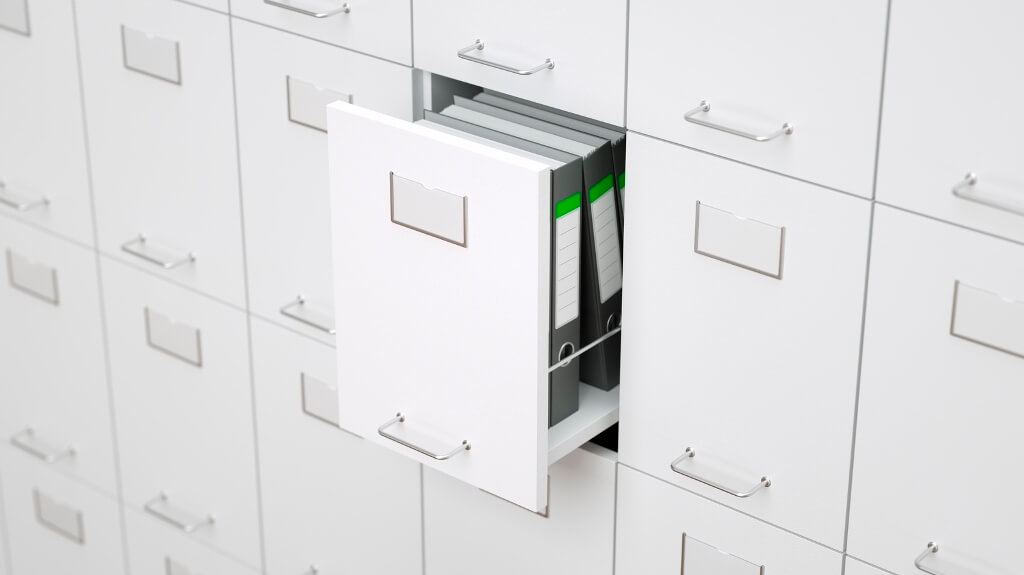
Inventory management is a very big part of running a business, and yet, it’s one that’s often swept under the rug in favour of more profitable pursuits.
You can have all the time in the world to build connections and create relationships, making sure you have a strong customer base and the ability to impress an investor, but you also need the resources out back to back yourself up.
Whether you have a small or large business, a huge inventory software capacity or none at all, your bottom line depends on how you manage your inventory. Even if you’re raking in sales, if you’re inventory management is mishandled, you won’t see the expected profit.
And when you have a less than stellar management system, or you haven’t given your stock room and your asset inventory much thought lately, you might be letting yourself down in ways you don’t know about. So here’s a couple of tips on bulking out a good system, and getting yourself
Know What Products are a Priority
Take a look at your profits margin, and then take a look through the checkout records - what do you notice? Is there a certain product that’s been bought more often than any others? Is there a deal you’re currently running that’s being rung through the tills more often than you expected it to?
Are you making more money from one product alone, compared to anything else you’ve got stacked on the shelves?
Well, now’s the time to take notice, and start ordering more of this product in. You want to have a good stock of them in your inventory, to make sure customers can always be satisfied in their clear want for it. And not only that, but it’s a good way to clear out the stockroom, to make space for the goods on hand that are actually netting you a good income.
Keeping stock of fast-moving items means that you’re anticipating what your customers need. By utilising the right inventory software, you can ascertain the stability of sales, thus avoiding the loss of opportunity. Utilising your inventory software data to analyse what the fastest moving products are can help you to ensure you are both stocked, as well as able to fulfill the demand effectively without delays. Your customers become frustrated if they’re always having to chase down items that they're after but don’t get on time, which may eventually lead to losing your customers to your competitors. So, make sure to prioritize the right products and use the right operations framework to be able to meet your customers demands.
Think About Your Floor Space
Is your stock room big enough? How many products so you have back there? Are the shelves clearing fast enough to be weekly restocked without any storage problems? If not, it’s time to take a look at the floor space you have on hand. There’s a good chance you don’t have enough.
Planning your space logistically will ensure a smooth flow of operation. You can create a map, see where foot traffic is high, and try to place items in areas with less activity, so there will also be fewer delays. You also need to place highly in-demand items on eye level and those fragile ones in a secure space.
If your company has perishables in your inventory, you need to be aware of the food safety standards and avoid placing items less than six inches off the floor. It is also beneficial to put into mind the ‘first in, first out’ (FIFO) concept. This ensures that there is no spoilage, which can ultimately be considered an expense in your inventory.
It would be a more cost effective method to rent out some professional storage solutions than to try and keep rotating stock you’re clearly not able to shift.
Once you realise what stock isn’t working out, because it’s been cluttering your floor space for months, you can cut down on the costs. After all, you can stop bulk buying from the supplier you have, and instead put the money towards accommodating the business you’re currently operating with.
Check Up on Your Suppliers
The suppliers you use need to be reliable, and they need to have a strictly professional relationship with your company. They need to be on time and with the right amount of products you ordered in the truck, ready to unload. And if they can’t do either of these tasks, it might be worth it to look into your other supply options.
Managing your inventory isn’t difficult. Make the decision now to make it a priority.
Thanks for signing up to Minutehack alerts.
Brilliant editorials heading your way soon.
Okay, Thanks!
